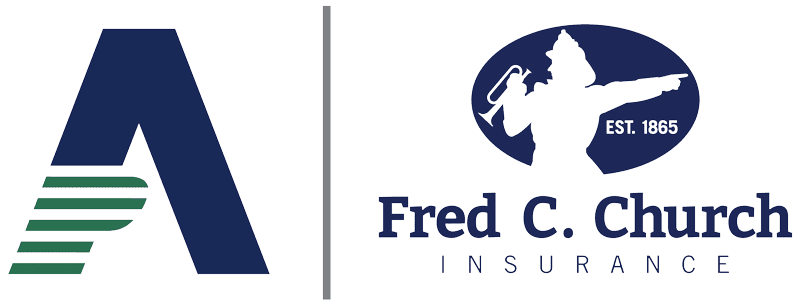February 2023 Employee Benefits Compliance Alert
Release Date: February 16, 2023
Massachusetts Expands Meaning of an Employer’s Responsibility to Maintain an Employee’s Health Insurance During Paid Family Medical Leave
Introduction
The Massachusetts Department of Family and Medical Leave (DFML) recently released revised regulations that expand an employer’s duty to “otherwise maintain” employment-related health insurance benefits while an employee is on approved leave.
1. The Employer Obligation
Generally, a Massachusetts employer is required to provide for an employee’s continuation of employer-sponsored health insurance if the employee was enrolled in coverage at the commencement of a period of paid family or medical leave. Specifically, the employer must provide for, contribute to, or otherwise maintain the employee’s employment-related health insurance benefits, if any, at the level and under the conditions that coverage would have been provided if the employee had continued working continuously for the duration of such leave.
2. The Meaning of “Otherwise Maintain”
DFML has now revised regulation 458 CMR 2:16(2) and issued interpretive guidance on the phrase “otherwise maintain.”
The provision “otherwise maintain” shall be interpreted broadly to encompass any method of benefit maintenance or approximation of benefits that permits an employee taking family or medical leave to maintain access to health coverage for the duration of the leave on the same or equivalent terms, including the employee’s costs for such coverage, such as premium contributions, co-pays, and deductibles.
The revised regulation also provides examples of how an employer would comply with the “otherwise maintain” health coverage requirement for both an employer-sponsored plan (a–b below) and a multi-employer plan (c–d below):
(a) The employer continues to pay its portion of the group insurance plan health-insurance premium for that employee for the duration of the family or medical leave from the employer, and the employee portion of the employee’s employment-related health insurance benefits is remitted by the employee in accordance with the employer’s uniformly applied policies or practices.(b) The employer reimburses the employee out of its general assets for both the monetary equivalent of the non-employee portion of the health insurance premium and any additional amount required to be paid under the federal COBRA law (29 U.S.C. §1161 et seq.) or the Massachusetts Mini COBRA law (M.G.L. c. 176J, §9) that is in excess of the non-employee portion of the health insurance premium, so that the amount the employee pays toward health insurance remains unchanged, until the employee can resume regular employer-sponsored coverage. This example would be applicable only if an employee is eligible for such coverage. In a multi-employer plan, the reimbursement out of general assets would be made by the employer employing an employee at the start of the employee’s family or medical leave.
(c) An employer who participates in a plan such as a multi-employer health plan to which more than one employer is required to contribute and which is maintained pursuant to one or more collective bargaining agreements between employee organization(s) and the employers, that establishes eligibility for coverage for a period of time based on hours worked or contributions made during an earlier qualifying period, allows employees who have established eligibility for coverage prior to beginning a family or medical leave to continue coverage while they are taking leave and while they remain eligible for coverage based on the earlier qualifying period, or allows them to use banked hours.
(d) An employer participates in a multi-employer plan that contains a provision for maintaining coverage such as through pooled contributions by all employers party to the plan.
3. The New Regulation Emphasizes That Employers Do Not Have to Maintain Health Insurance for Employees Who Are Ineligible, Were Not Enrolled, or Resigned at the Time of Leave
Massachusetts employers shall not be required to provide for, contribute to, or otherwise maintain employment-related health insurance benefits for an employee who does not receive or is not eligible to receive such employment-related health insurance benefits when the employee’s family or medical leave begins. Employers are also not required to provide for, contribute to, or otherwise maintain health insurance benefits for covered individuals who resign during a leave or are former employees when the covered individual’s family or medical leave commences.
4. Additional Resources
Note: This alert constitutes compliance advice from the Fred C. Church Agency as your employee benefits broker and does not establish an attorney-client relationship with the recipient, who is free to consult with legal or tax counsel of their own choosing.



